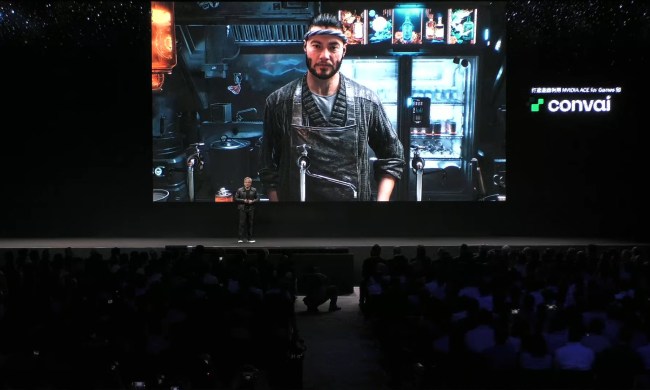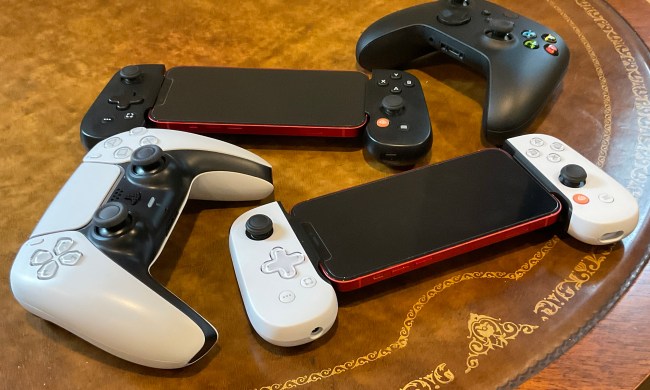Verizon is currently in alpha testing for a streaming service that will function like Netflix for video games, for a platform that will not require users to buy expensive hardware to enjoy gaming.
The service, named Verizon Gaming, was leaked through an exclusive report from The Verge, which obtained company documents and images related to it.
Verizon Gaming is already up and running on the Nvidia Shield set-top box, and it will be eventually available on Android smartphones. There are currently 135 games involved so far, which may be played through Xbox One controllers.
Verizon has been recruiting participants in the testing by offering an Nvidia Shield and Xbox One controller for free, plus the log-in details for the service. Testers who complete the program will then receive a $150 Amazon gift card.
The Verizon Gaming app is pre-installed in the Nvidia Shield given to testers, and the app will be privately distributed for Android testing through the Google Play store within the month. The initial trial run will finish by the end of January.
The Verge also acquired screenshots of Verizon Gaming, showing titles that include Fortnite, Destiny 2, Battlefield V, God of War, and Red Dead Redemption 2. The latter two games are notable, as God of War is a PlayStation 4 exclusive and Red Dead Redemption 2 is not yet available on the PC.
It is possible that some of the games currently available for testing on Verizon Gaming are placeholders. Verizon said that the current focus of alpha testing is on the service’s performance, with its library to be finalized in the latter stages.
It is possible that Verizon Gaming is being developed to take advantage of the looming 5G rollout, with Verizon looking to offer faster speeds and low latency connections. In addition to improving the experience for both mobile and broadband users, 5G might be the boost that video game streaming services need.
Verizon is far from being the first company to express interest in cloud gaming, as Microsoft, Google, Amazon, and Nvidia are each testing their own versions of the technology. Verizon, however, is venturing into new territory with Verizon Gaming, and it will be interesting to know the reason behind this venture once the wireless carrier confirms the service.


